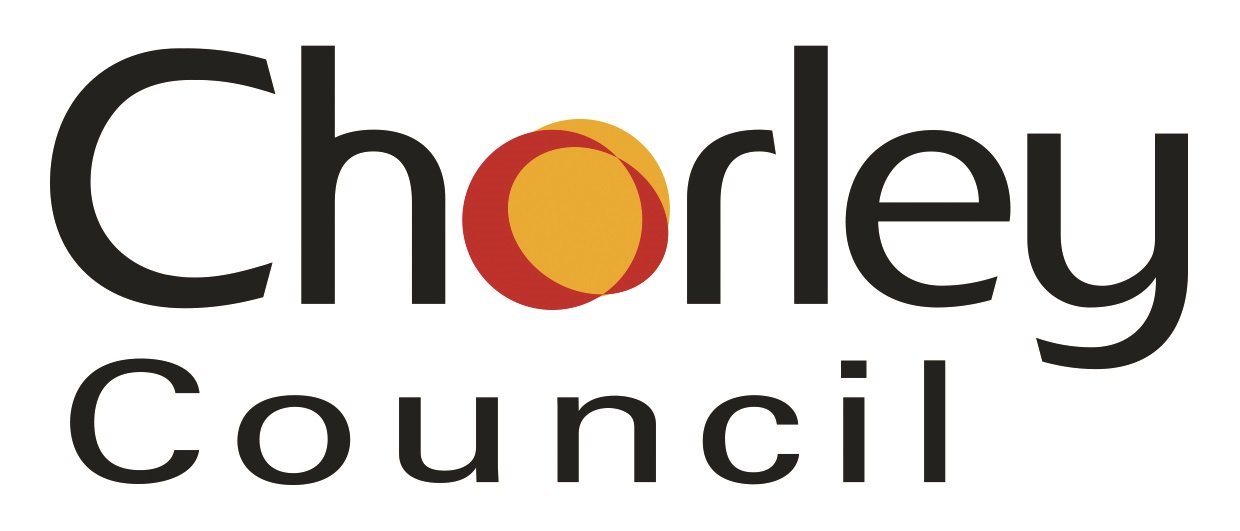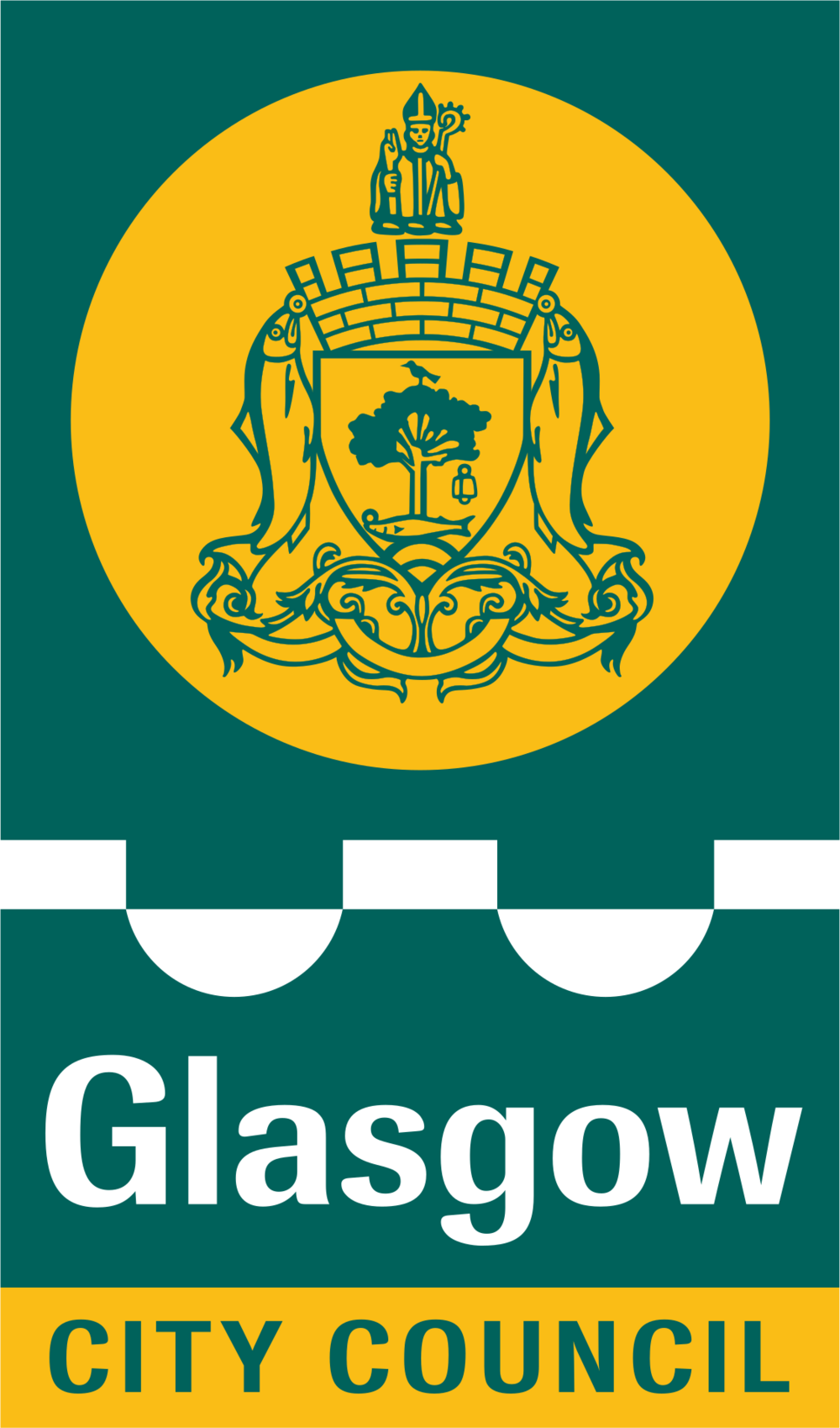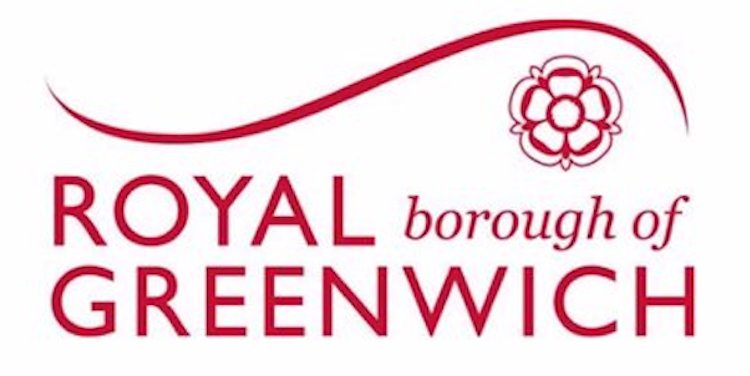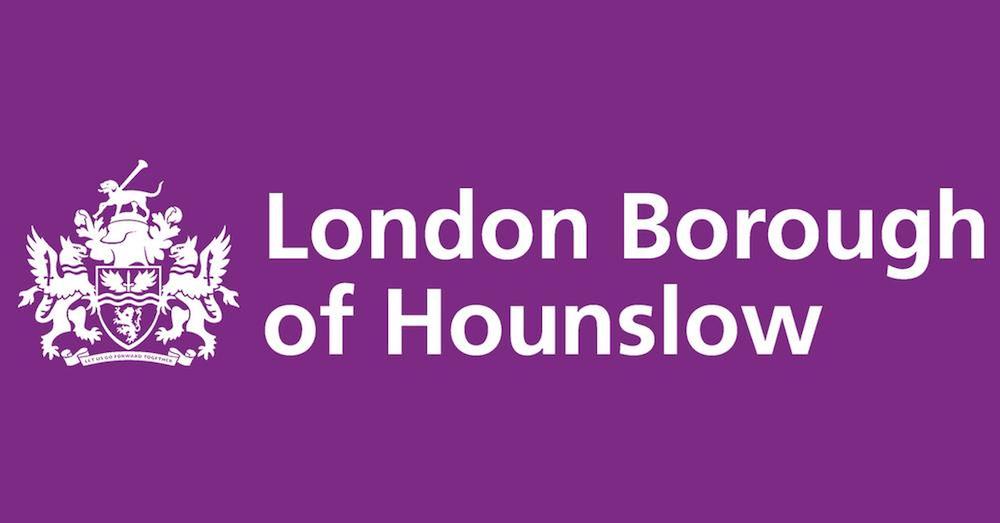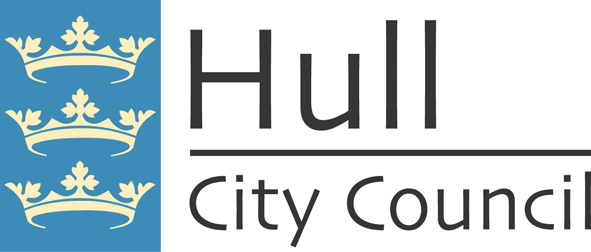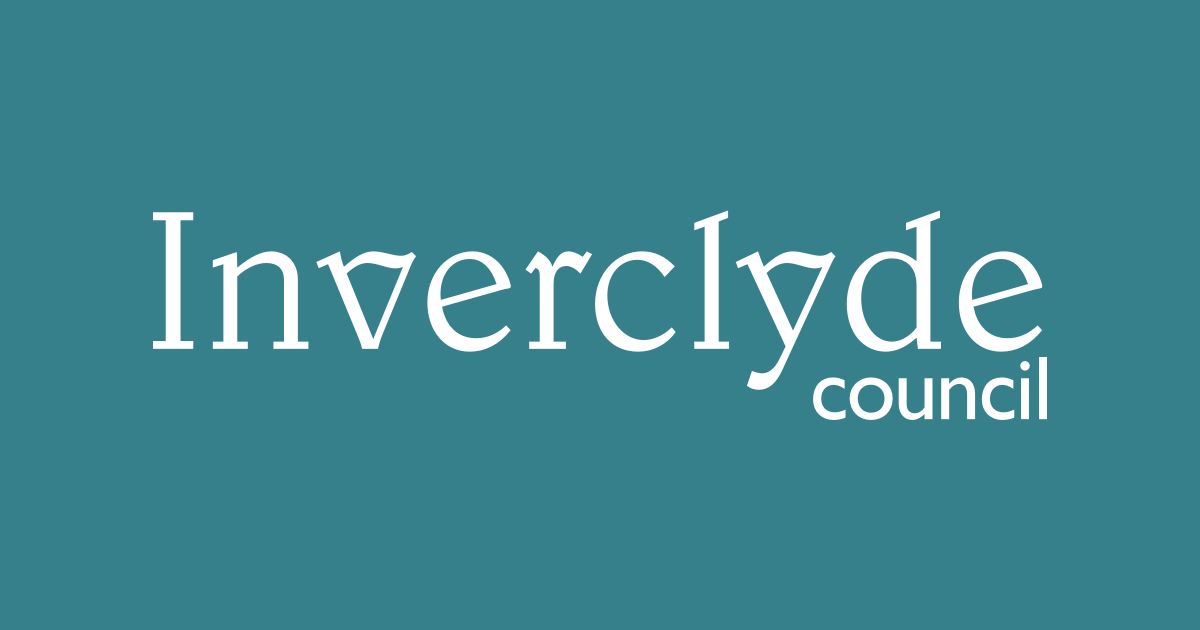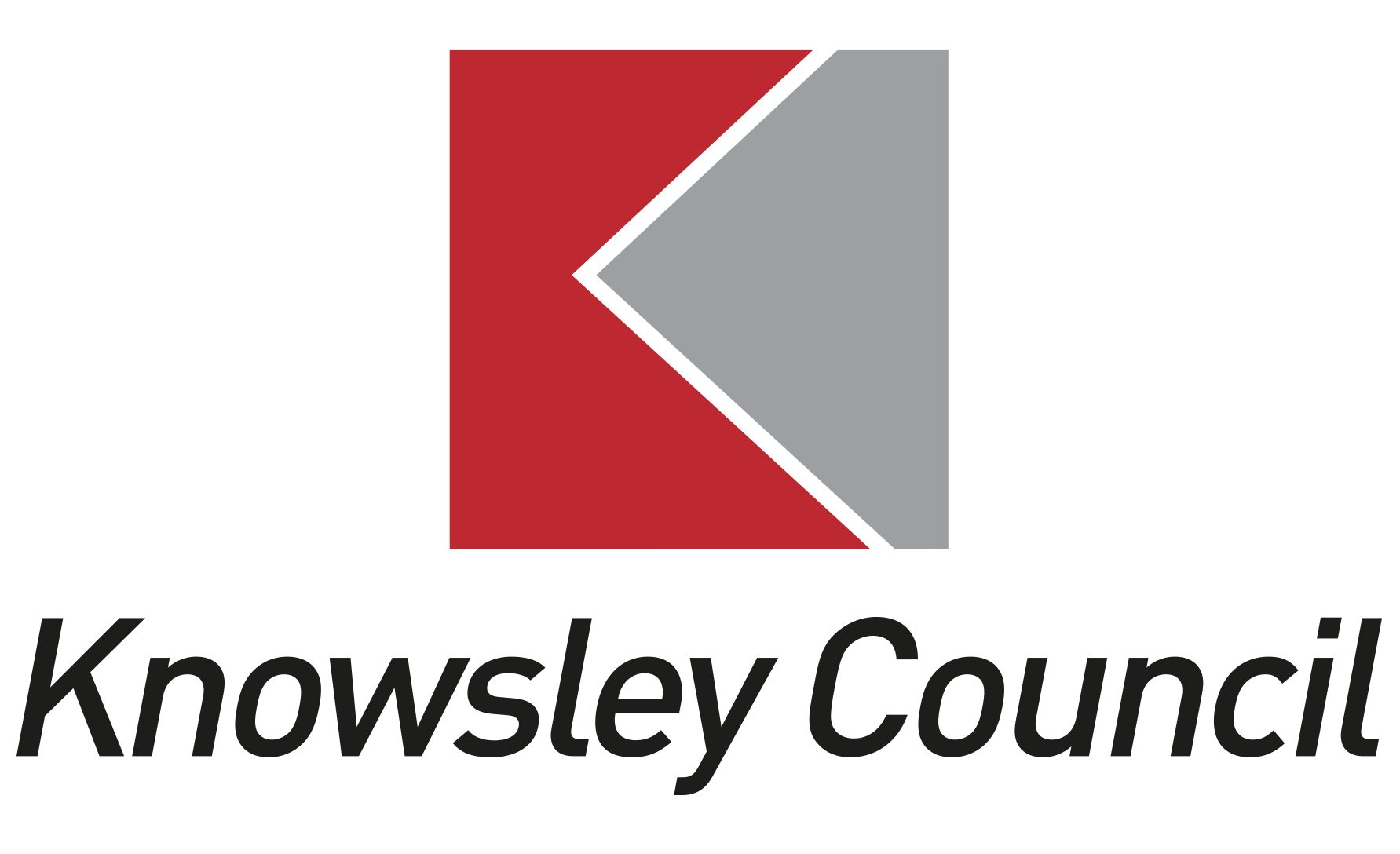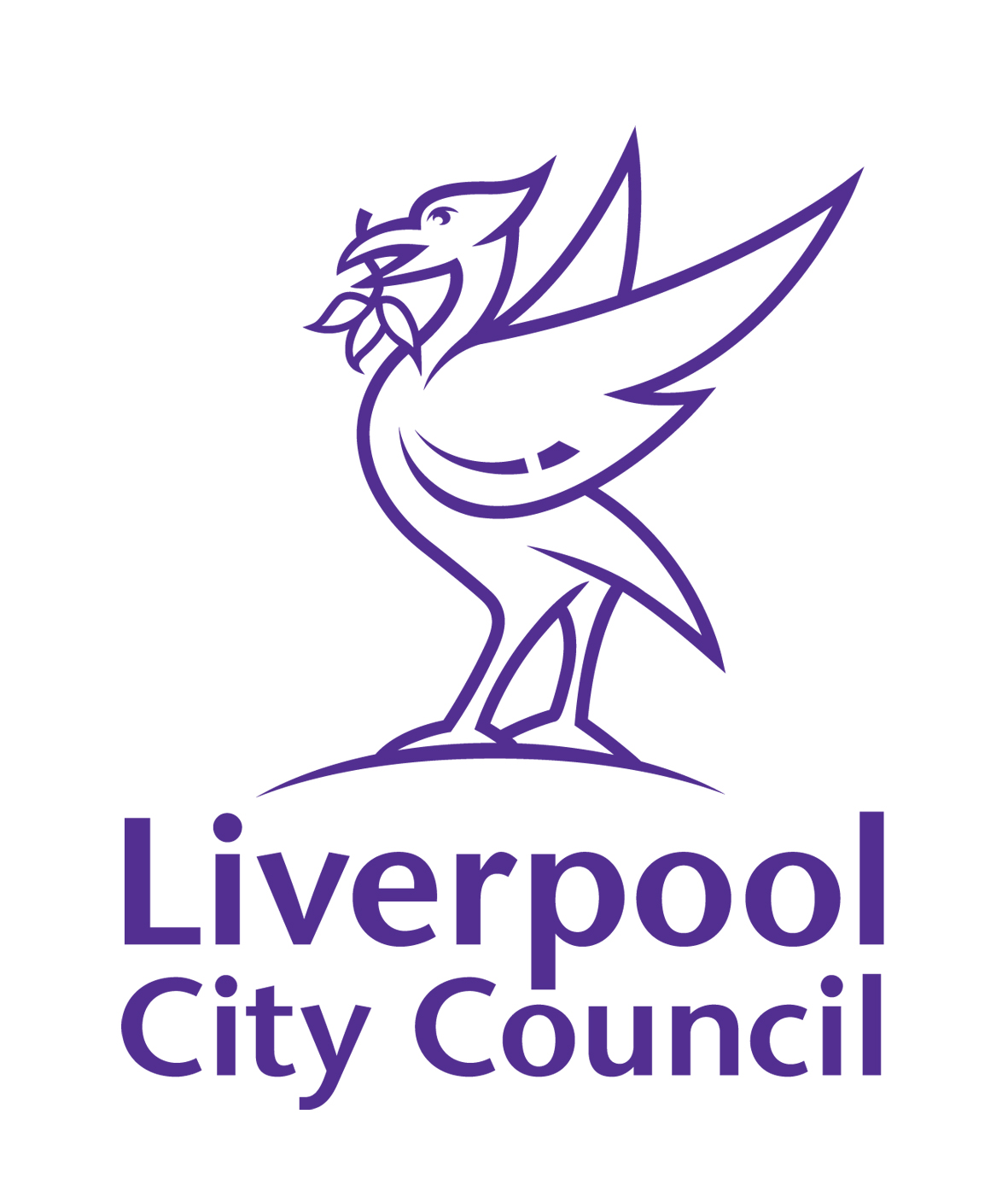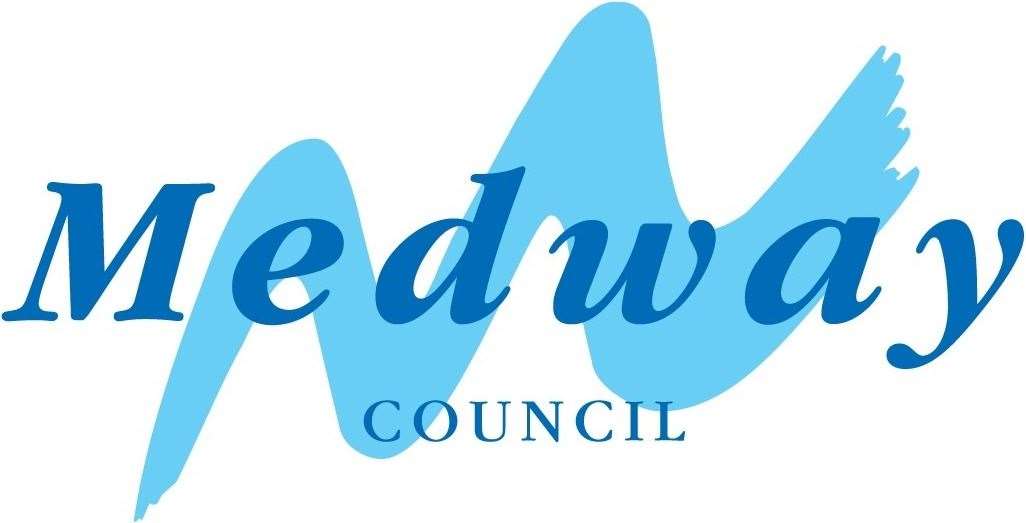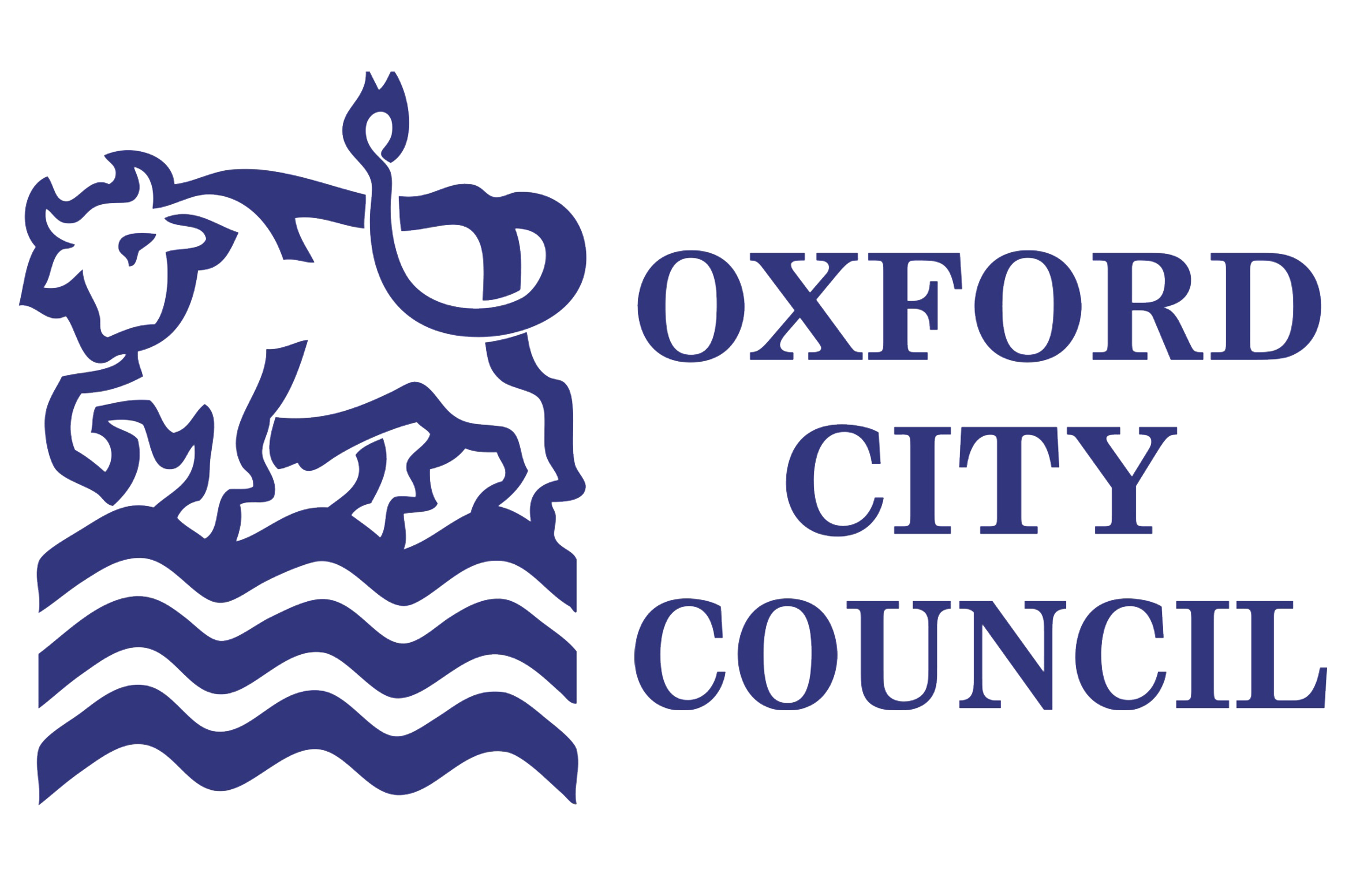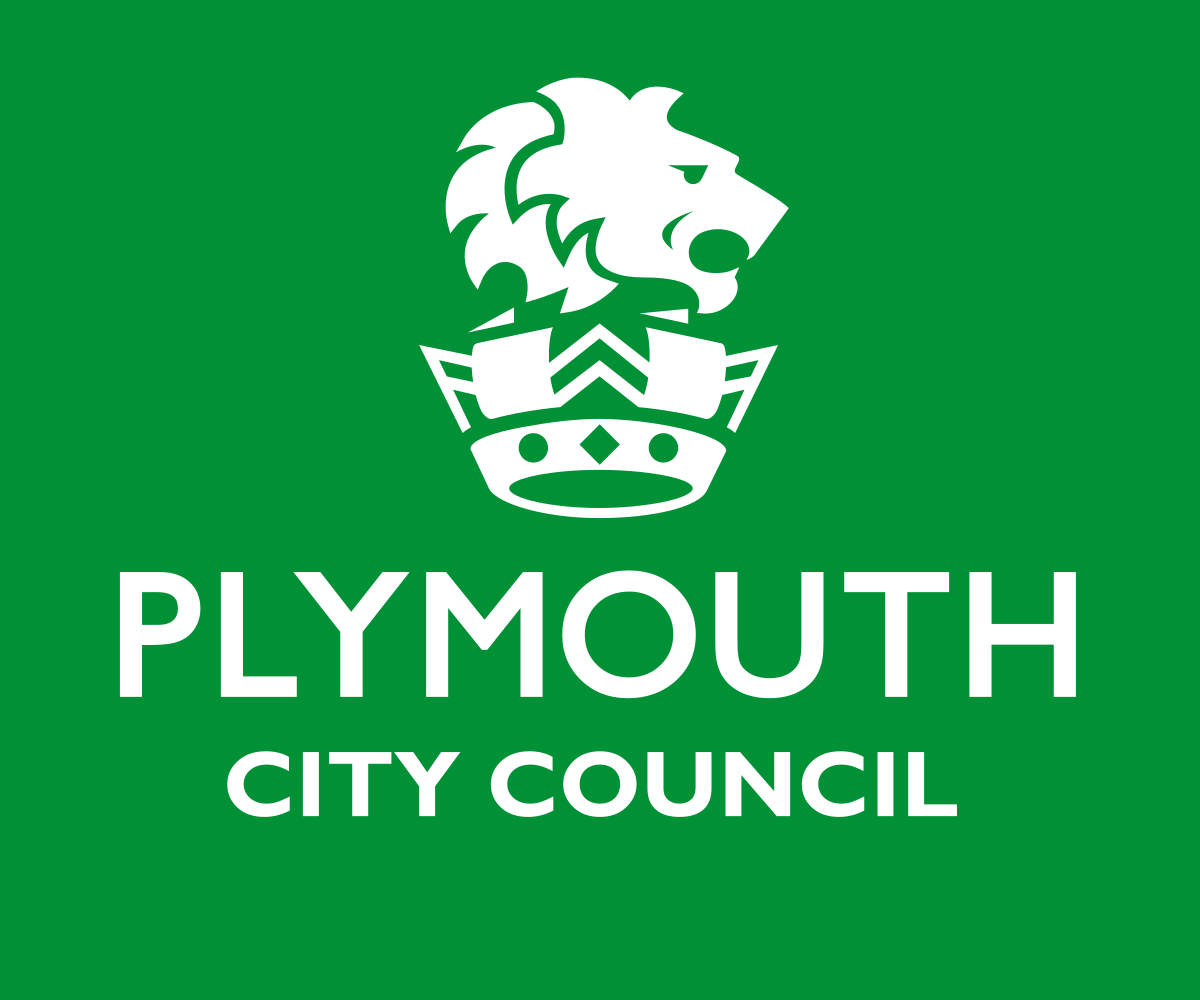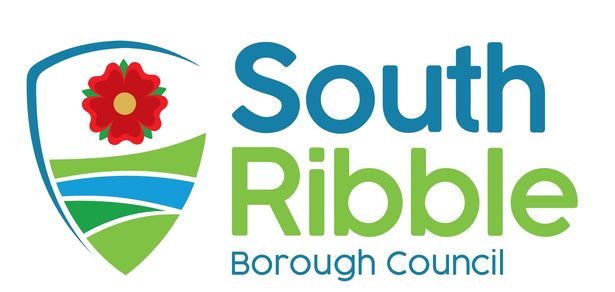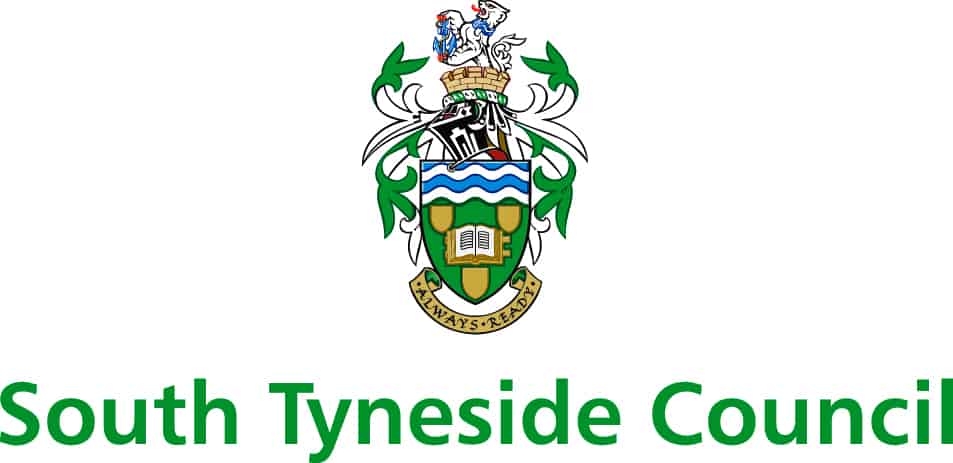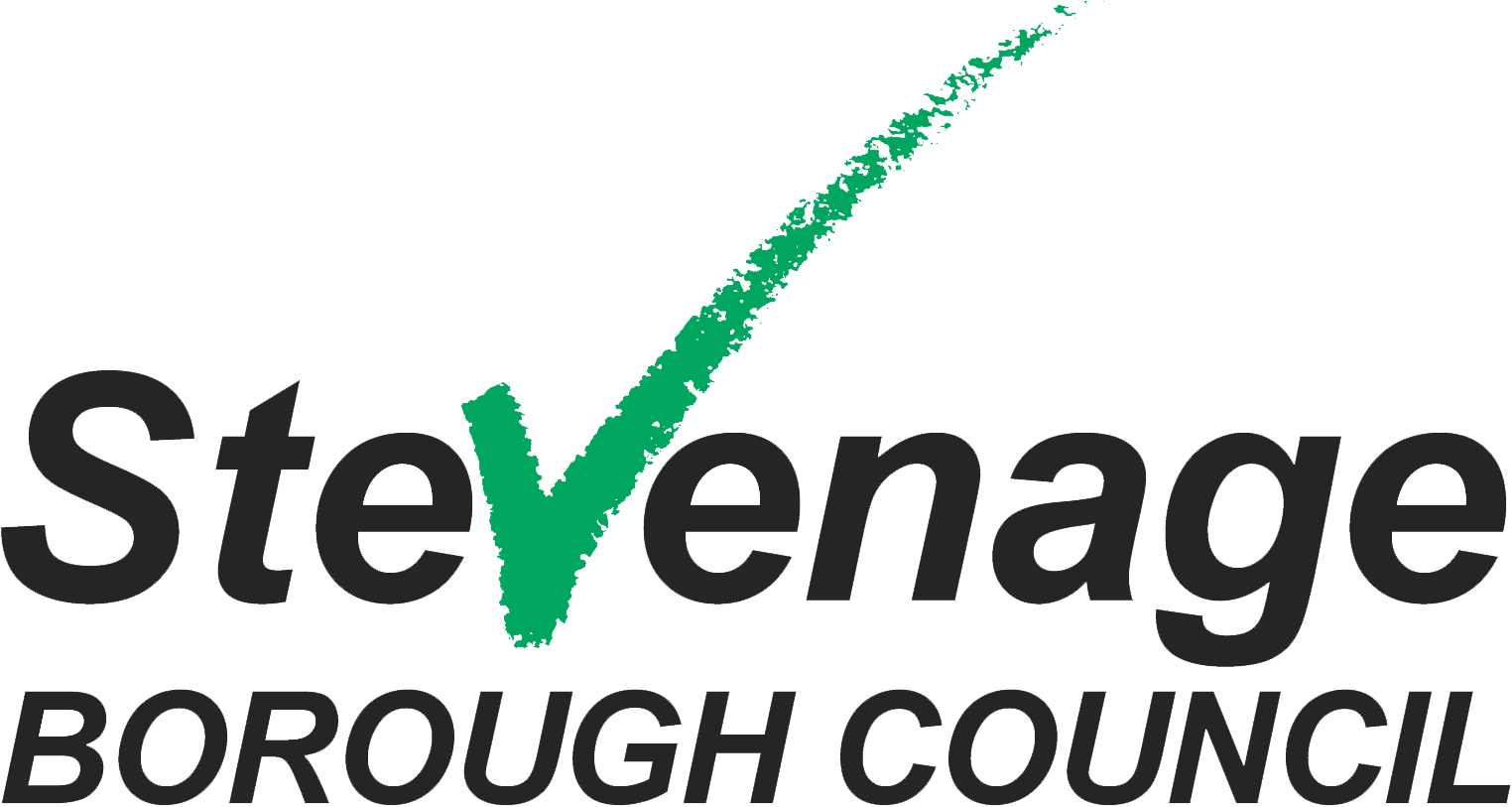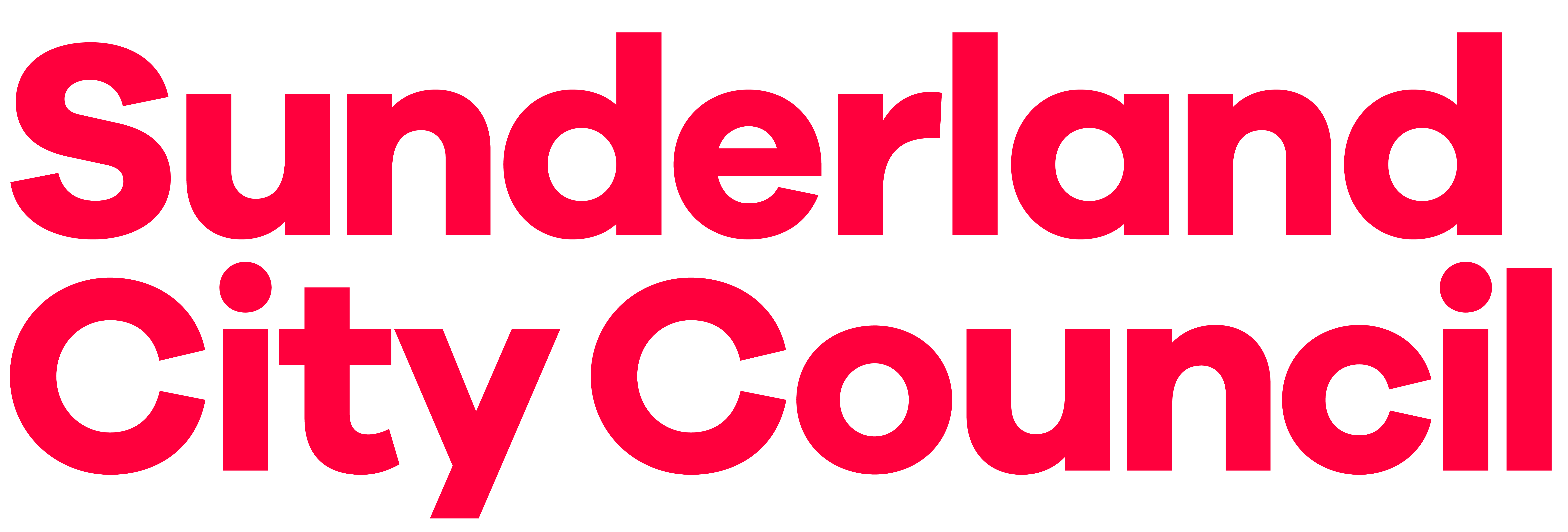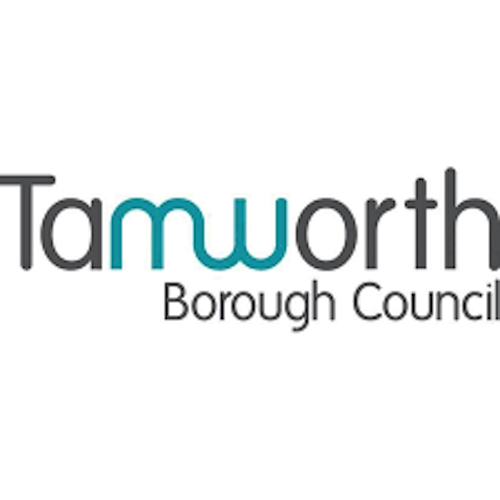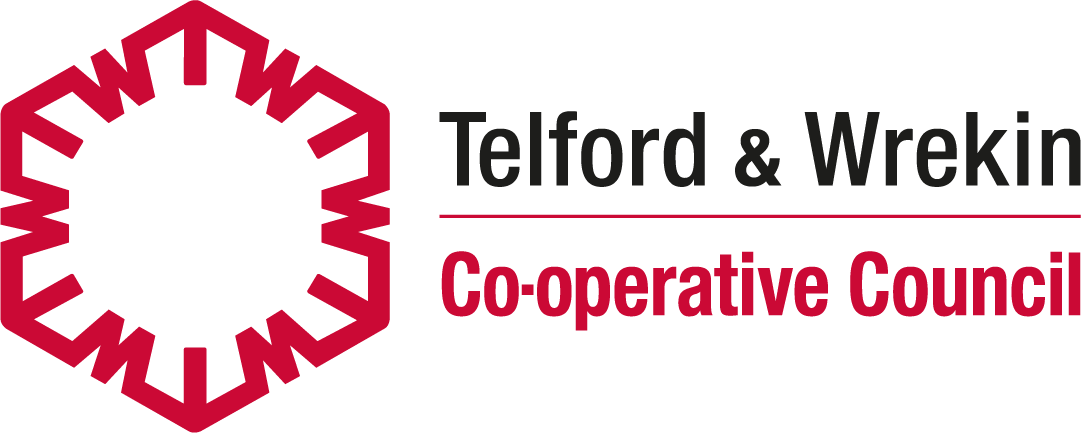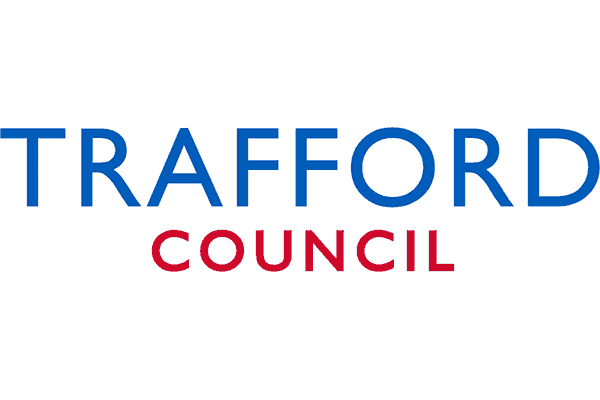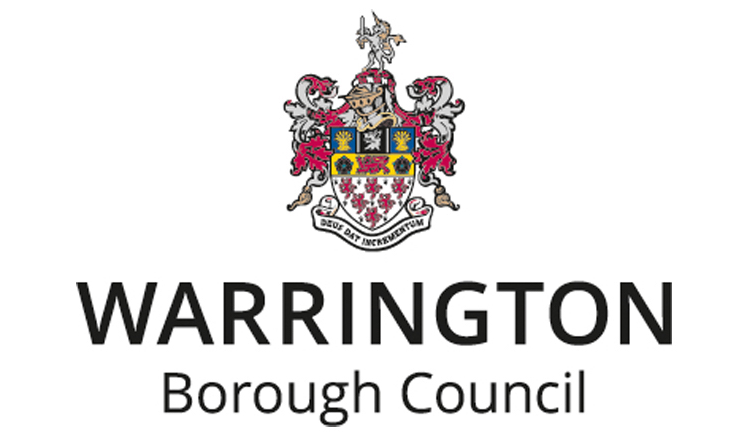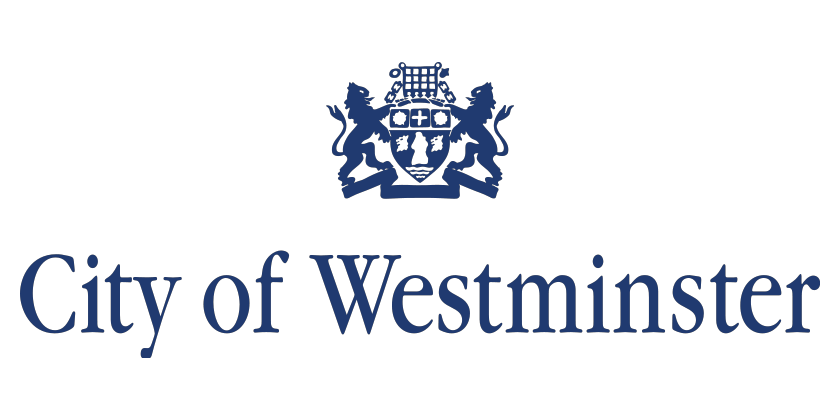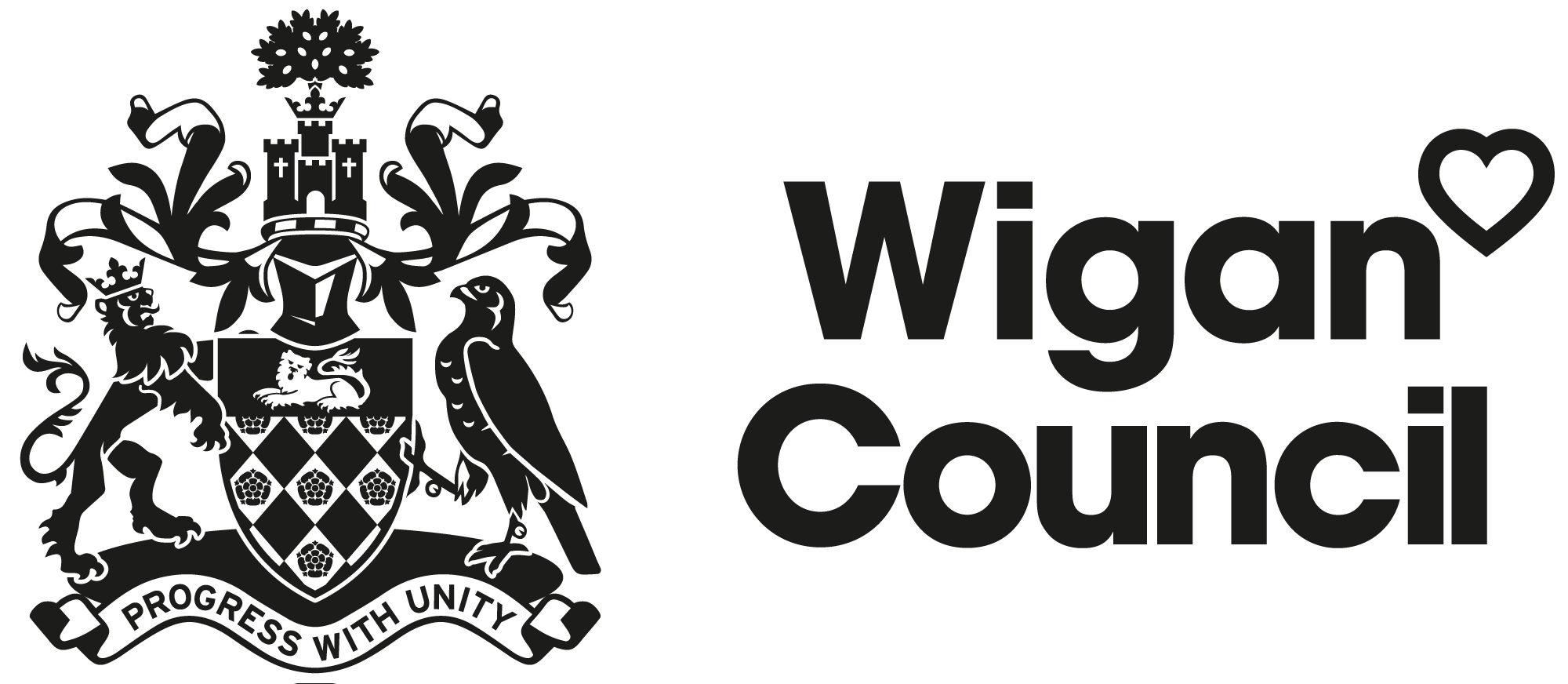Cooperative Commissions
Taking understanding context to another level, some places have pursued cooperative commissions. The purpose of such commissions is to understand the local operating context for cooperatives, the barriers to the development, particularly important opportunities and recommendations to move things forward. They can be thought of as a particularly robust way of working through Doing Your Homework.
Greater Manchester Cooperative Commission
Greater Manchester is recognised as the birthplace of the international cooperative movement. In 1844, the Rochdale Society of Equitable Pioneers was founded by 28 local individuals who opened a store to sell food and household items at fair prices during a time when the Industrial Revolution was pushing many working people into poverty. They developed a set of principles that laid the foundation for today’s global cooperative principles. Presently, Greater Manchester boasts nearly 300 cooperative organizations across various industries, including the UK’s largest consumer cooperative, the Co-operative Group.
The Commission’s work aimed to build on this heritage. It focused on supporting and developing cooperative organisations within the region, based on the understanding that cooperatives play a significant role in creating a more equitable and democratic economy. The Commission’s efforts form part of a broader movement to foster cooperative development and to address the challenges faced by cooperatives in the UK.
The commission whose report was published early in 2020 had nine commissioners. Their work was informed by a formal call for evidence, a desktop review of data and research and evidence presented by nine experts. One expert presented at the inaugural meeting with two each speaking at meetings themed around the identified opportunity areas of housing, transport, digital and business support. The report contains a total of 42 recommendations.
GM Cooperative Commission website and report
Greenwich Cooperative Commission
The Royal Borough of Greenwich Co-operative Commission was launched in April 2024. with the aim of shaping the future of co-operative collaboration within the borough. Chaired by Lord Bassam of Brighton and formed of 13 commissioners, it focused on implementing co-operative principles in 3 main areas:
- supporting new and existing co-operative start-ups and businesses
- social care
- community energy.
The commission involved a public call for evidence, hearing presentations from expert witnesses and hosting meetings with a range of external organisations. The resulting report, Together for Greenwich: Co-operation for the Future, frames a long-term vision for the future of co-operative collaboration within the borough and includes 12 recommendations to advance co-operative principles and practices in Royal Greenwich.









